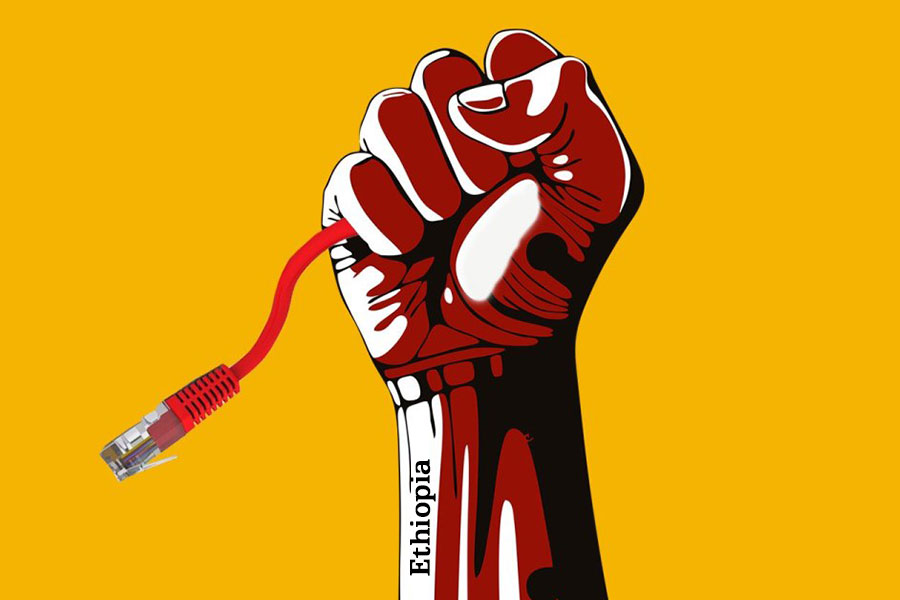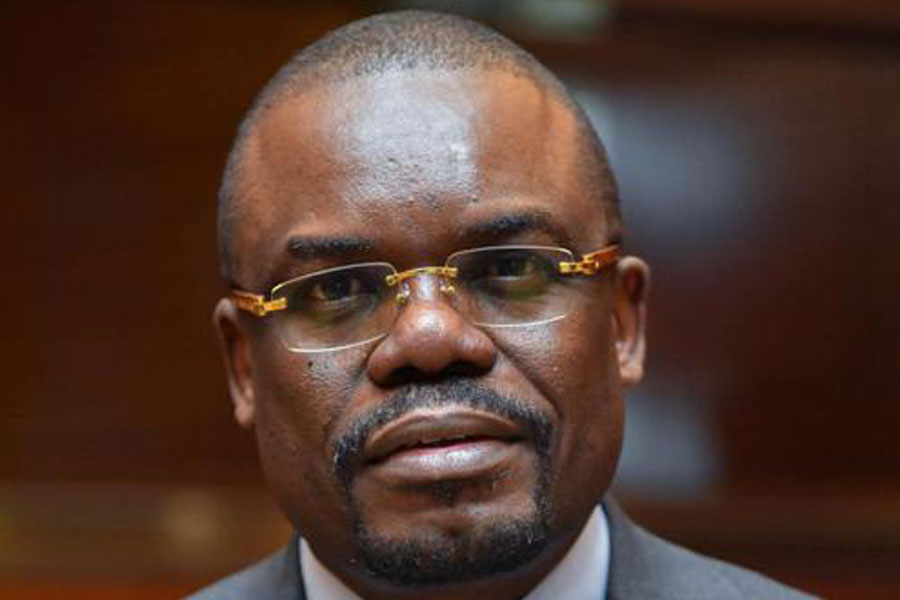
Radar | Dec 24,2022
Aug 31 , 2019
By Adewunmi Emoruwa
While social media platforms offer speed and accessibility, a credible free press remains vital to support accountability in places where it is often hard to find, writes Adewunmi Emoruwa, an investor in African media startups and lead strategist at Gatefield, a public strategy group. This article first appeared on Project Syndicate.
In June, Senegalese President Macky Sall’s brother, Aliou Sall, resigned from his post as the head of a state-run savings fund, following public outrage over allegations (which he denies) that he was involved in corrupt oil and gas deals. That outrage was expressed via social media and on the streets of Dakar. But it was investigative journalism, carried out by the BBC, that triggered it, highlighting traditional media’s enduring power to effect change.
While social media platforms get a lot of attention for their speed and accessibility, a credible free press – which does not simply parrot the official line of governments or special interests, but rather seeks the truth – remains essential to strengthening accountability in places where it can often be hard to find. And independent investigative journalists in Africa have often exposed high-level corruption, abuse of power and shady business deals.
For example, in Kenya, a leading local newspaper reported that Philip Kinisu, former chairman of the Ethics and Anti-Corruption Commission, had received suspicious payments from the National Youth Service (NYS). Further investigations into the NYS revealed more corrupt deals, spurring Kenyans to take to the streets in protest.
But those with power know how to fight back – and they do not pull their punches. As a result, in many African countries, the free press is being compromised, suppressed and even dismantled.
The most extreme example of media suppression in Africa is found in Eritrea, where Reporters Without Borders estimates that at least 11 journalists are languishing in prison. The country has only one independent and non-partisan news outlet - a radio station run by exiled journalists based in Paris - and its signal is often jammed.
But attacks on African news media’s already-tenuous freedom are proliferating. They often come in the form of violence against independent journalists. Last year, two journalists in Nigeria were assaulted by security operatives attached to the President. In January, an undercover journalist in Ghana was fatally shot, after a politician called for retribution against him for publishing an exposé on corruption in the country’s football (soccer) leagues.
Governments also attempt to assert control over media outlets, even if it means shutting them down. In Tanzania, President John Magufuli’s government has suspended newspapers and banned radio stations critical of his administration, using pretexts such as “sedition” and “national security threats.” News organizations have been pressured – in at least one case, by armed men – to publish stories favorable to the ruling elite.
Independent media are squeezed further by chronic underfunding. Journalists not only lack resources to support their work; they are often so poorly compensated that they become vulnerable to corruption themselves. In Nigeria, “brown envelope journalism” – when reporters are paid by individuals or organisations to publish favourable stories – is commonplace.
Where independent media are silenced, coerced or captured, the public has few options for gaining any information beyond the narratives pushed by governments and special interests. Social media platforms can play a role, but their main strength - their democratic nature - is also their fatal flaw. They have proved ideal for spreading fake news, which taints public debate and erodes trust in both facts and institutions.
This dynamic was on stark display during Nigeria’s last election campaign. Fake news stories – including the claim that President Muhammadu Buhari had died and been replaced by a lookalike – went viral on social media. Millions of Nigerians were convinced, with some even carrying out killings in retaliation for made-up violence. Recognizing the power of these stories, figures close to political parties began to invent and circulate claims that would benefit their candidates, severely distorting the election campaign.
Independent traditional news outlets do not just avoid this problem; they are the key to addressing it, because only they can credibly verify the news being circulated on social media. That is why Facebook and Google have collaborated with traditional media organisations to combat the spread of fake news on their platforms in Nigeria, South Africa, Zambia, Kenya and Zimbabwe.
But if traditional independent media are going to fulfil their essential role, they need resources. In places where governments are placing constraints on press freedom, Western donors should step up to provide the necessary funding. Given the importance of a credible free press to both development and democracy, it is undoubtedly a sound investment.
PUBLISHED ON
Aug 31,2019 [ VOL
20 , NO
1009]


Radar | Dec 24,2022

Commentaries | Oct 16,2020

Viewpoints | Sep 04,2021

Editorial | Feb 27,2021

View From Arada | Jun 22,2019

Fortune News | Dec 08,2024

Commentaries | May 15,2021

Commentaries | May 01,2020

Radar | Feb 25,2023

Radar | Aug 28,2021

My Opinion | 132272 Views | Aug 14,2021

My Opinion | 128692 Views | Aug 21,2021

My Opinion | 126600 Views | Sep 10,2021

My Opinion | 124206 Views | Aug 07,2021





Dec 22 , 2024 . By TIZITA SHEWAFERAW
Charged with transforming colossal state-owned enterprises into modern and competitiv...

Aug 18 , 2024 . By AKSAH ITALO
Although predictable Yonas Zerihun's job in the ride-hailing service is not immune to...

Jul 28 , 2024 . By TIZITA SHEWAFERAW
Unhabitual, perhaps too many, Samuel Gebreyohannes, 38, used to occasionally enjoy a couple of beers at breakfast. However, he recently swit...

Jul 13 , 2024 . By AKSAH ITALO
Investors who rely on tractors, trucks, and field vehicles for commuting, transporting commodities, and f...

Jul 12 , 2025
Political leaders and their policy advisors often promise great leaps forward, yet th...

Jul 5 , 2025
Six years ago, Ethiopia was the darling of international liberal commentators. A year...

Jun 28 , 2025
Meseret Damtie, the assertive auditor general, has never been shy about naming names...

Jun 21 , 2025
A well-worn adage says, “Budget is not destiny, but it is direction.” Examining t...

Jul 13 , 2025 . By YITBAREK GETACHEW
The Addis Abeba City Revenue Bureau has introduced a new directive set to reshape how...

Jul 13 , 2025 . By BEZAWIT HULUAGER
Addis Abeba has approved a record 350 billion Br budget for the 2025/26 fiscal year,...

Jul 13 , 2025 . By RUTH BERHANU
The Addis Abeba Revenue Bureau has scrapped a value-added tax (VAT) on unprocessed ve...

Jul 13 , 2025 . By NAHOM AYELE
Federal lawmakers have finally brought closure to a protracted and contentious tax de...